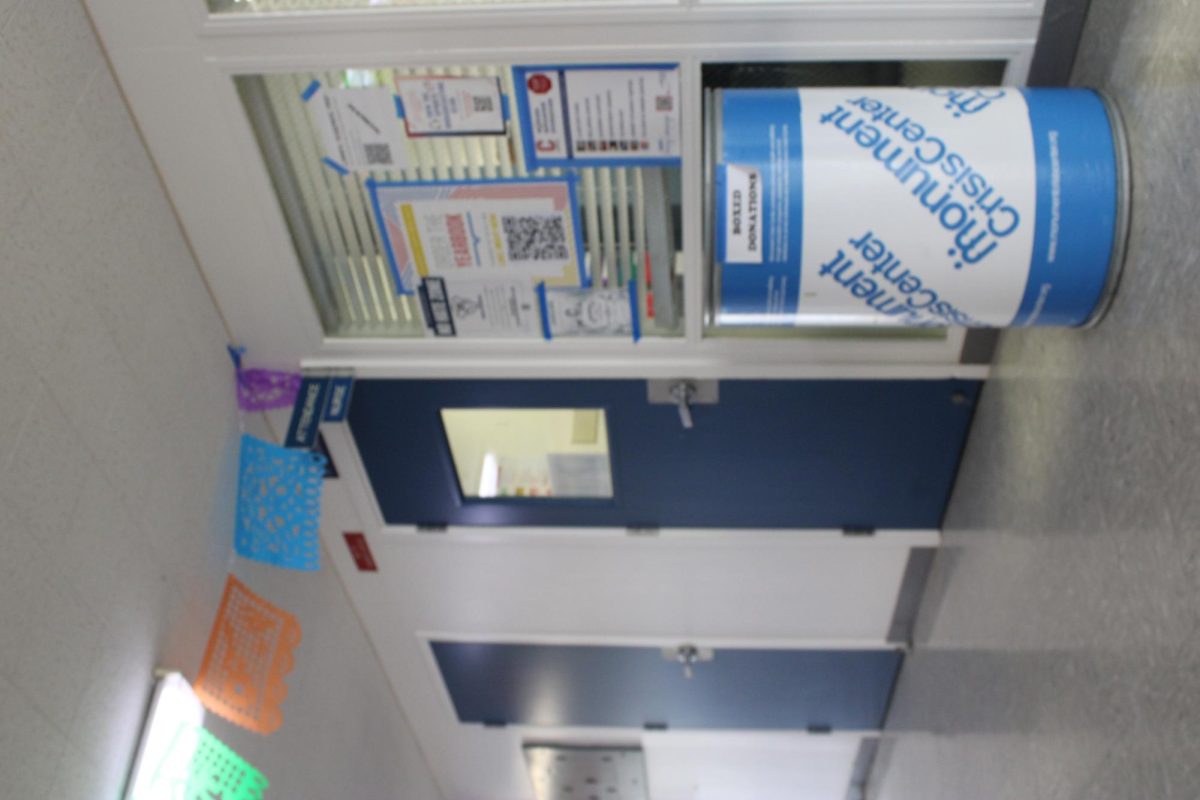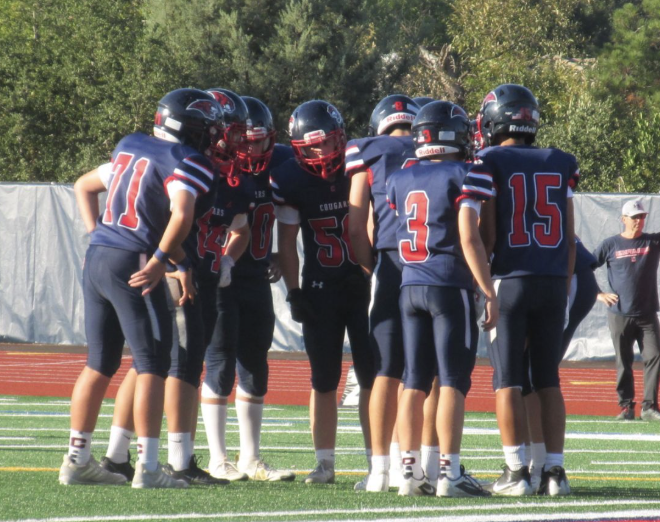For juniors, seniors, and a few sophomores, the next several weeks are going to be difficult. With finals just weeks away and the SAT or SAT IIs barely in the rear view mirror, the challenge of fitting Advanced Placement (AP) exams in between these periods of major testing is nearly impossible.
The last month and a half of school is most definitely crunch time for sophomores and juniors trying to get into college, and for those lucky seniors who’ve already been accepted, it is the final ending of the bothersome ritual they’ve been through 4 times before.
Although APs are reverently feared, synonymous with sleepless nights and failing tests, the reality is that most high school students end up taking a couple, or several, AP classes by the time they graduate. Most colleges and universities require high school students to take courses that incorporate college level standards during their junior and senior years in order to prove college readiness. With an impressive array of subjects offered by College Board, an organization that prepares and administers Advanced Placement courses and college admission exams, most students play to their strengths, picking classes that will facilitate development in their areas of expertise or allow them to earn prerequisites for college.
AP Psychology teacher Paul Verbanszky believes that all students are entitled to Advanced Placement courses. “Every student should have equal access to the curriculum. Students come with varied skill sets and the goal is for me to have them successfully complete the AP exam,” he said.
Because students are more likely to take advanced courses as upperclassmen, sometimes taking several each year, Verbanszky believes that it is important to prevent an accumulation of “excessive” homework. His students make use of class time, working hard inside of the classroom in order to prevent large amounts of extra work during the evenings or on weekends.
As the courses are oriented around passing the AP exam, teachers must strictly adhere to the course curriculum. Most teachers face the difficulty of fitting in all of the material expected to be on exam, while still teaching at a suitable pace for high school students.”I think it’s incredibly stressful. I find it very frustrating to teach to a test,” said Verbanszky.
Verbanszky and his other colleagues teaching AP Psychology complete the curriculum before Spring Break in order to allow ample time to review for the exam in May. His class took 2 practice AP tests during the course of the year, and wrote several free response questions (FRQ) in order to prepare for the test.
Senior Justin Archangel took 2 AP classes his junior year and 3 as a senior. Hoping to skip beginner courses in college, he chose to take several APs in order to gain college credit during high school. With prices for classes rising, he believes that it is important to take prerequisites in order to save money in college. Archangel passed both of his exams last year, and is confident that he is prepared for AP testing this year. He said that the courses he took were very oriented around preparing students for their respective exam.
Junior Zach Scherer took 2 APs as a sophomore and 3 as a junior. He decided to take Advanced Placement classes because he likes the teachers instructing them and wanted to be challenged by the material. Scherer believes that he was well-prepared for his exams. A few of his teachers provided him and his classmates with questions from previous AP exams in order to study. “I think we were prepared really well because the types of problems on the test were similar to the ones we did in class,” he said.
As a junior in high school, Scherer has faced juggling college admission exams, AP exams, report cards, extracurricular activities, and a social life. “I think that the most challenging part of the year is combining standardized testing, APs, and planning for college all at the same time,” he explained.
Although the process of taking college level courses in high school is stressful and time consuming, Scherer is satisfied with the time and effort he put into his Advanced Placement courses. “I think so, more or less. When you look back on it overall, the hard work was worth it in the end because if you get a high score on an AP Exam or a good grade in the class, then you really feel like you’ve mastered the material,” he said. Junior Marley Thuma also believes that taking AP classes was beneficial, yet she warns students of the dangers of spreading themselves too thin. “Yes, it was worth it to take several AP classes because they challenged me; however, if you overload on the amount of APs you take, your other classes might suffer,” she said.
With the textbook finished and the AP exam taken, there is little left to do after the 1st or 2nd week of May in Advanced Placement classes. Most classes work on final projects, such as the stock game played in AP Comparative Government or the conspiracy project in AP U.S. history. As a senior, Archangel is looking forward to a relaxing end to school. “We’re not doing very much, thankfully. I mean the moment I signed my letter of intent, senioritis hit me like a freight train,” he said.





